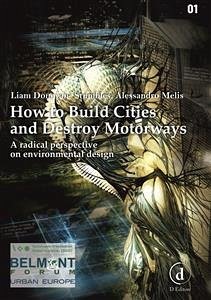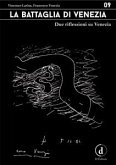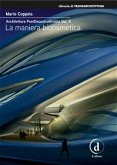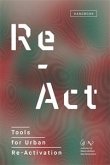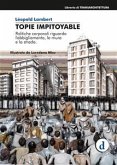Over thousands of years, human beings have built habitats in response to their increasingly complex needs. The ultimate form of these habitats is the modern city: a feat in which the benefits are self-evident. However, the city has grown into a paradoxical phenomenon. Providing for the present compromises the ability to provide for the future.
The unidirectional metabolism of the city is consuming the world’s resources and disrupting the climate system at a rate that is not sustainable. Cities need to undergo profound physical and systemic changes if they are to provide for the future needs of human beings.
This book critically examines the implication of the environmental crisis on conventional methods of urban development and architectural thinking. In contention with conservative ‘green’ building schemes, this work undertakes a radical and systemic renegotiation of environmental, population, and life-quality issues in architecture and urban design.
The unidirectional metabolism of the city is consuming the world’s resources and disrupting the climate system at a rate that is not sustainable. Cities need to undergo profound physical and systemic changes if they are to provide for the future needs of human beings.
This book critically examines the implication of the environmental crisis on conventional methods of urban development and architectural thinking. In contention with conservative ‘green’ building schemes, this work undertakes a radical and systemic renegotiation of environmental, population, and life-quality issues in architecture and urban design.

